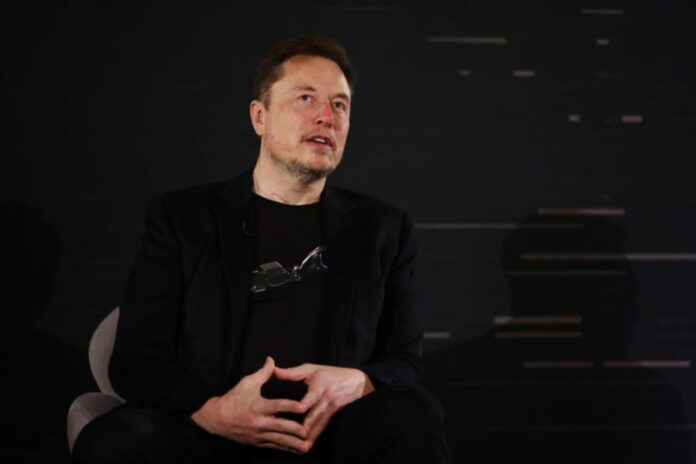When you think of Elon Musk, a few things probably come to mind: Tesla, SpaceX, his love for Twitter (or X, as it’s now called), and of course, controversy. The world’s richest man and a self-proclaimed “free speech absolutist” is back in the headlines. This time, it’s about a showdown with the US Securities and Exchange Commission (SEC), and let’s just say, it’s got all the makings of a high-stakes drama.
The Backstory
In 2022, Musk quietly bought a significant stake in Twitter without promptly notifying shareholders as required by law. That delay, according to the SEC, left some shareholders in the dark and potentially cost them a whopping $150 million. Ouch.
The SEC rules are pretty clear: when you own more than 5% of a company, you have 10 days to file a disclosure. Musk missed the deadline by 11 days. Instead of filing the right paperwork, he submitted something different before finally catching up.
As a result, Twitter shares skyrocketed by 27% once his purchases were officially revealed. The SEC claims Musk unfairly benefited from this “stealth mode” buying spree. And while they didn’t accuse him of insider trading, they’re not exactly thrilled about his behavior.
A Rocky Relationship
This isn’t Musk’s first tango with the SEC. Remember the 2018 Tesla debacle? He famously tweeted about having “funding secured” to take Tesla private, sending the stock into a frenzy. That stunt cost him and Tesla $20 million each and forced him to step down as Tesla’s chairman.
Fast forward to 2022, and Musk’s love-hate relationship with the SEC continues. When asked to testify about his Twitter dealings, Musk skipped the meeting, opting to attend a SpaceX rocket launch instead. (Yes, you read that right.) To make up for it, he offered to reimburse the government lawyers’ travel costs. Unsurprisingly, the SEC wasn’t amused.
Politics and Power Plays
Here’s where things get even murkier. With Donald Trump’s administration signaling a shift in how regulatory agencies operate, some experts believe the SEC’s case against Musk might not go as planned.
“If this were any other president and any other defendant, this case would 100% move forward,” says David Slovick, a former SEC enforcement attorney. But with Trump and Musk involved, the outcome feels far less predictable.
Some argue that dismissing the case could look like Trump protecting his billionaire buddy. Others think the SEC might decide it’s not worth the political headache and quietly drop the matter. Either way, it’s a waiting game.
What’s Next for Musk?
The SEC isn’t asking Musk to walk away empty-handed. They reportedly demanded over $200 million to settle the case—far more than the $750,000 Alphabet Inc. paid in a similar filing violation.
Musk’s legal team, however, isn’t backing down. His attorney, Alex Spiro, called the accusations “ticky-tack violations” and insisted Musk did nothing wrong.
Why It Matters
This case isn’t just about paperwork; it’s about holding powerful figures accountable. Whether you see Musk as a visionary or a rule-bender, the outcome of this legal battle could set the tone for how billionaires and regulators clash in the future.
And while Musk’s unpredictability keeps things entertaining, one thing is clear: this billionaire’s road to Twitter (or X) ownership is far from smooth.





